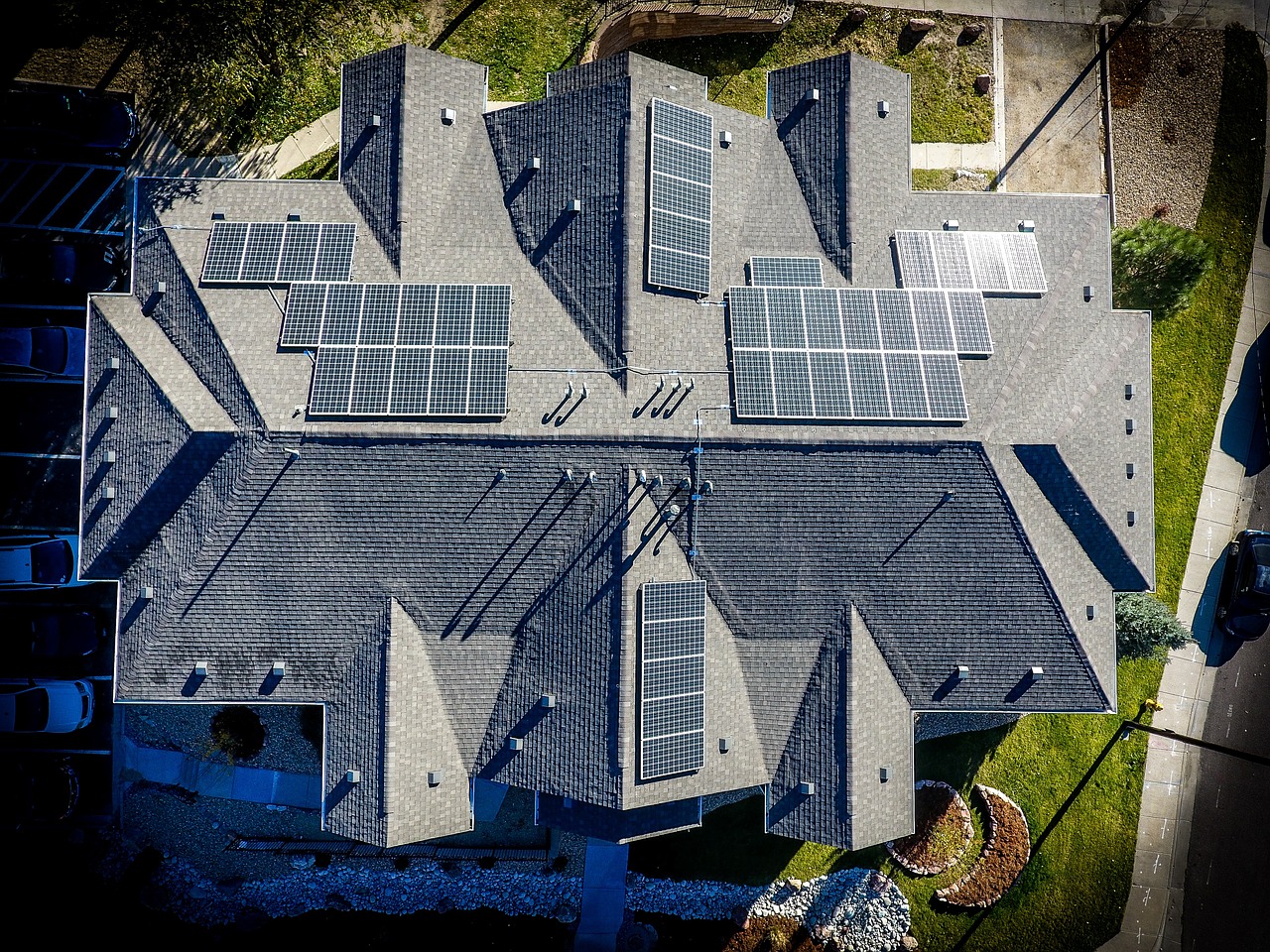
If you’re like a lot of other people, then the environment has been increasingly on your mind as of late. It’s hard to ignore the doom and gloom that we read in the papers, but it’s important to not give into despair. There’s a lot that we can still do to play our part in securing the future of the environment. Switching to renewable energy is one of the very best ways to do that, and here we’re going to look at some of the options and what sets them apart.
Solar
The most famous of them all, and perhaps the very first one that you should of. Solar energy is becoming more popular as the barrier of entry, the initial costs, are increasingly lowered. The photovoltaic cells that make up the panels absorb the light of the sun and convert it to electricity, which is then directed to the home. The effectiveness of solar panels largely depends on location and weather. The sunnier it is, the more that you can save, making them a lot more effective for some than others. If you are in a sunny part of the country, however, it can offer huge benefits.
Air source heat pumps
Although these appliances might use electricity, they do offer a much more energy-efficient way to heat up the home than relying on fossil fuels alone. Providers like All Seasons Energy can install these pimps onto the home, and they take air in from the surrounding environment, using a heating element to warm it up, and then circulates it through the home. It’s a great way to cut down on heating bills alone, but when combined with another renewable energy type that generates electricity, it can make a huge difference.
Ground source heat pump
As the name implies, ground-source heat pumps work similarly to air-source heat pumps. They heat the air that circulates throughout the home, which can provide both your heating and your hot water. The difference is that their energy is not derived from electricity, but from low-temperature solar energy that is in the ground or water beneath the earth. Not every home can benefit from a ground source heat pump but, where they are effective, they can provide up to 100% of the heating that a home needs.
Biomass systems
If you live in an area where you don’t have quite as much sunlight, then you may be better off using what you do have. Biomass is a term that refers to organic materials, such as wood, chips, or logs that are used with specific biomass heating systems. These systems burn these particular types of fuel much more slowly, generating more heat from them, and producing a lot less carbon in the same process. Biomass plants that provide specific renewable energy sources for businesses are becoming a lot more widespread, too.
With the examples above, hopefully, you have a good idea of the different renewable energy options around, as well as which might be best suited for your home.
Post in collaboration